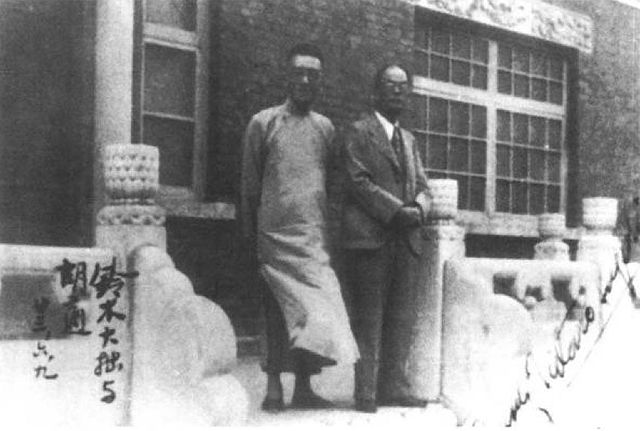Impermanence, also known as the philosophical problem of change, is a philosophical concept addressed in a variety of religions and philosophies. In Eastern philosophy it is notable for its role in the Buddhist three marks of existence. It is also an element of Hinduism. In Western philosophy it is most famously known through its first appearance in Greek philosophy in the writings of Heraclitus and in his doctrine of panta rhei. In Western philosophy the concept is also referred to as becoming.
A Buddhist painting displaying Impermanence
According to Buddhism, living beings go through many births. Buddhism does not teach the existence of a permanent, immutable soul. The birth of one form from another is part of a process of continuous change.[citation needed]
Eastern philosophy or Asian philosophy includes the various philosophies that originated in East and South Asia, including Chinese philosophy, Japanese philosophy, Korean philosophy, and Vietnamese philosophy; which are dominant in East Asia, and Indian philosophy, which are dominant in South Asia, Southeast Asia, Tibet, and Mongolia.
Valluvar, the Tamil philosopher of the post-Sangam era
Adi Shankara (8th century CE) the main exponent of Advaita Vedānta
The Buddhist Nalanda university and monastery was a major center of learning in India from the 5th century CE to c. 1200.
Hu Shih and DT Suzuki during his visit to China in 1934






